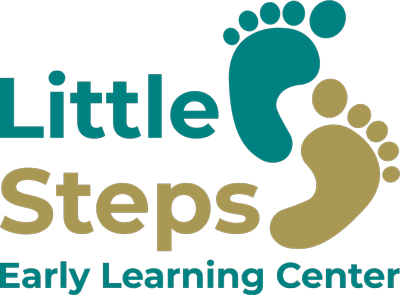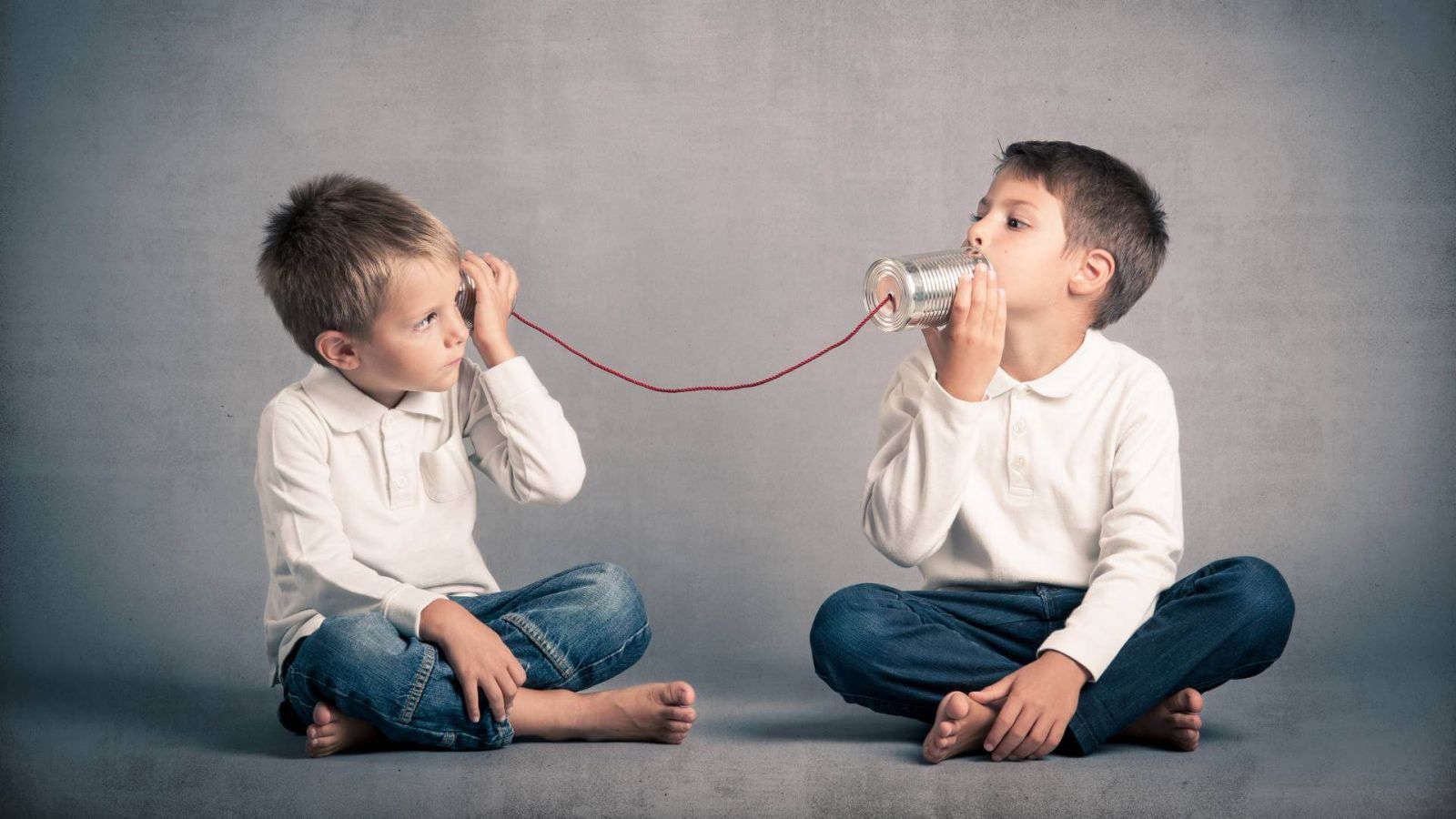As parents and educators, one of our most important goals is to help young children develop the skills they need to become independent and self-regulated individuals. Independence and self-regulation are essential life skills that empower children to navigate their world with confidence, make responsible choices, and effectively manage their emotions and behavior. In this article, we will explore strategies and techniques for fostering independence and self-regulation in young children.
Promoting Independence:
Promoting independence in young children involves providing them with opportunities to take responsibility for their actions, make decisions, and develop a sense of autonomy. Here are some effective strategies to foster independence:
Encourage autonomy: Allow children to make choices and take on age-appropriate responsibilities. For example, let them choose their outfits, decide on a snack, or assist in household chores. These experiences build their decision-making skills and boost their confidence.
Provide a supportive environment: Create an environment that encourages independence. Arrange furniture and materials in a way that allows children to access them easily. Label storage areas to help children find and put away their belongings independently. Foster a sense of ownership by assigning personal spaces for their belongings.
Teach self-help skills: Teach children how to perform basic self-help tasks, such as dressing themselves, tying shoelaces, or using utensils. Break down complex tasks into smaller steps and provide guidance and support as they learn. Gradually reduce assistance as they gain competence.
Encourage problem-solving: Instead of solving problems for children, encourage them to find their own solutions. When they encounter challenges or conflicts, guide them in brainstorming and evaluating different options. This empowers them to think critically and develop problem-solving skills.
Promoting Self-Regulation:
Self-regulation is the ability to manage one's emotions, behavior, and attention effectively. It is a crucial skill that allows children to control impulses, follow rules, and adapt to different situations. Here are some strategies to promote self-regulation in young children:
Establish routines and expectations: Consistent routines and clear expectations provide children with a sense of structure and predictability. Establish regular schedules for meals, sleep, and activities. Communicate rules and boundaries in a positive and age-appropriate manner. Reinforce the importance of following these rules consistently.
Teach emotional awareness: Help children recognize and express their emotions appropriately. Encourage them to identify their feelings and provide them with a vocabulary to express themselves. Teach simple relaxation techniques, such as deep breathing or counting to ten, to help them manage strong emotions.
Model self-regulation: Children learn best by observing and imitating adults. Model self-regulation in your own behavior by staying calm, using positive coping strategies, and managing frustration effectively. Narrate your thoughts and actions to provide insight into how you regulate your emotions and behavior.
Use visual supports: Visual supports, such as visual schedules, emotion charts, or calm-down corners, can be helpful tools for promoting self-regulation. These aids provide children with visual cues and reminders to help them navigate daily routines and manage their emotions independently.
Provide opportunities for movement and play: Physical activity and playtime offer children opportunities to release energy, improve focus, and regulate their emotions. Encourage outdoor play, provide structured movement breaks during learning activities, and engage children in sensory play experiences.
Fostering independence and self-regulation in young children is a gradual and ongoing process. By implementing the strategies mentioned above, parents and educators can provide a supportive environment that nurtures these essential life skills. Remember to be patient and provide consistent guidance as children develop their independence and self-regulation abilities. By empowering young children to take ownership of their actions, make responsible choices, and manage their emotions, we are setting them on a path towards success and well-being in their future endeavors


